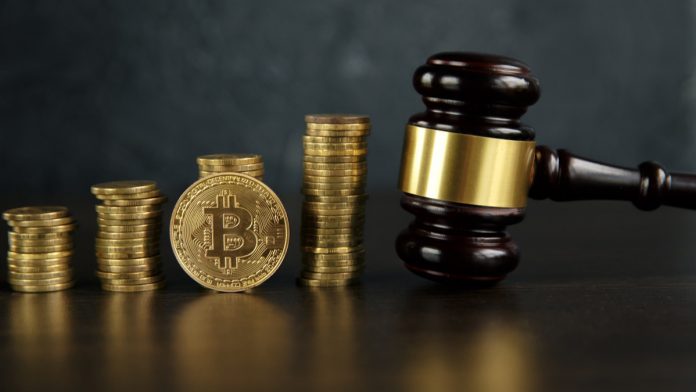The Plenary Session of the Brazilian Senate gave the green light this week to the project that regulates cryptocurrencies. However, the bill still requires a review by the Chamber of Deputies before it can come fully into force.
The approved text is an update of PL 4,401/2021, drafted by federal Deputy Aureo Ribeiro and presented by Senator Irajá Abreu. Despite the recent popularity of NFTs and other similar technologies, these are not included in the bill.
“The Central Bank was constantly demanding the Congress to share its position in regards to a regulatory framework that could understand the dimension of this new business,” the senator said.
Within the proposal, which has faced multiple delays, it is explained that cryptocurrencies represented operations for $43bn in 2021 alone. In addition, as a payment technology, it experienced a 6% growth last year.
Senate members revealed that the updated text adds ideas from other projects on the same topic, all interested in regulating cryptocurrencies.
One of the key elements of the bill is the inclusion of a provision that requires service providers to ask for an official authorisation, which is granted through a simplified procedure.
Additionally, the proposal also establishes the creation of a regulatory framework to prevent money laundering involving cryptocurrencies. If approved, Brazil would adopt “international standards” for cryptocurrencies, something that neighbouring countries have yet to do.
In 2018, 6.8 billion reals were traded in virtual currencies and 23 new brokers were created. In 2019, the number had grown to 35, without any supervision from agencies that control the financial system.
“The regulation of the cryptocurrency market must promote free and fair competition, enforce the control and separation of customer resources, define risk management practices, guarantee the protection of personal data, protect and defend customers, and ensure the solidity and efficiency of operations,” the Senate agency detailed about some of the Irajá guidelines.














